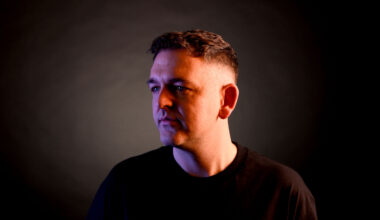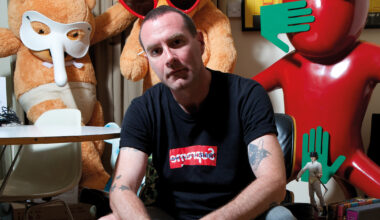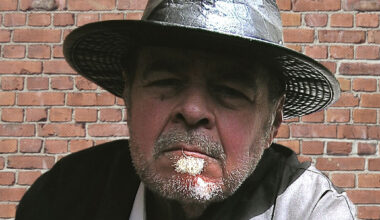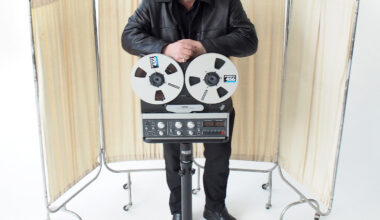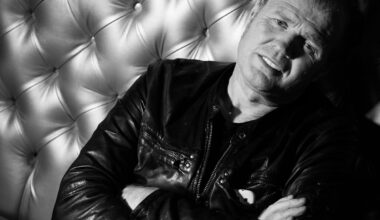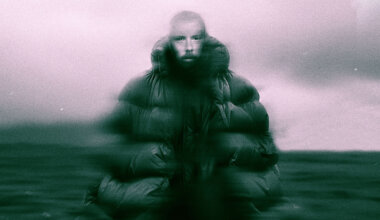Late-night films, surrealist art and “scraping across the wave shapes”, Thomas Leer revisits his past ahead of the re-release of ‘The Bridge’, his 1979 classic with the late Robert Rental
Want to read more?
Sign up to Electronic Sound Premium to gain access to every post, video, special offers, and more. 100%, all you can eat, no commitment, cancel any time.
Already a premium member? Log in here
